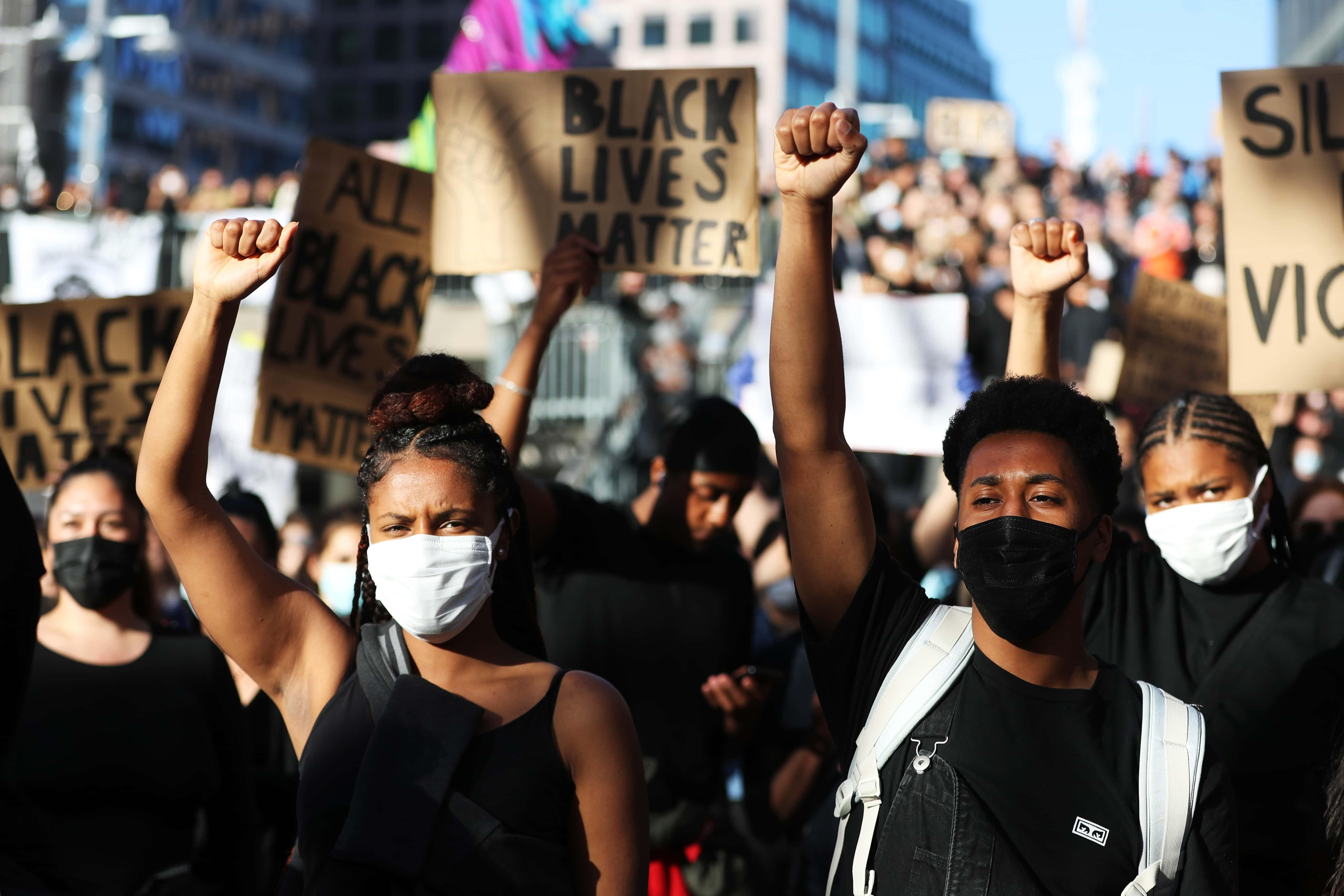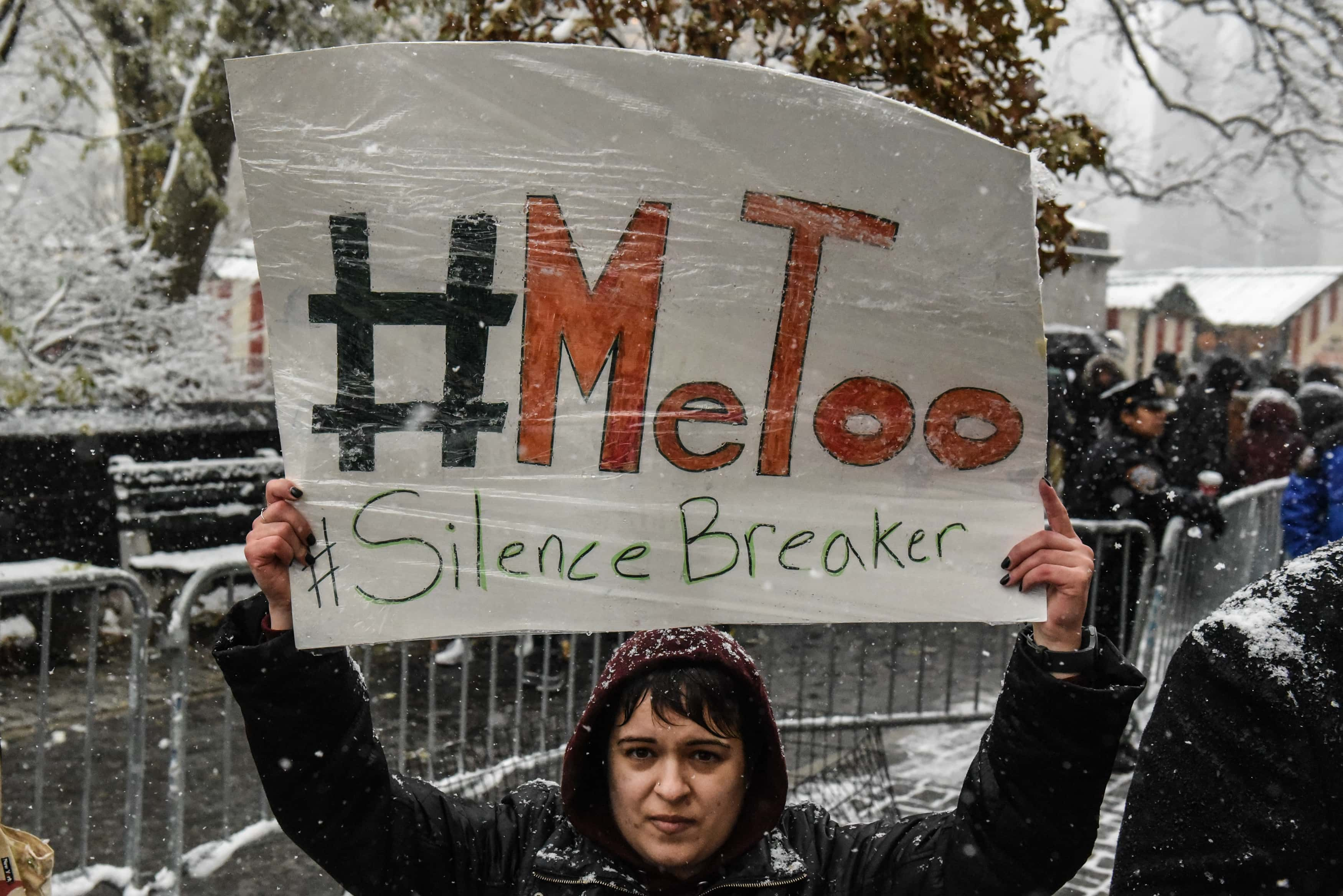The 'Whataboutism' of Black Lives Matter: What is this overused defense tactic and why it's invalid

The deaths of George Floyd, Breonna Taylor, Ahmaud Arbery, Elijah McClain, Trayvon Martin, Philando Castile, Tamir Rice and many more Black people at the hands of police sparked an international outcry. Nationwide protests demanding an end to systemic racism and brutality from law enforcement were driven by the call for change. This brought to the forefront decades of racial oppression suffered in silence by the African-American community and also promoted the reinvigoration of the #BlackLivesMatter (BLM) movement. Although similar protests have been held in the past and their impact has been powerful, winds of change swept across the country as George Floyd protests gained momentum and it feels different. People have swarmed the streets for days fighting for justice, which only goes to show that the nation will no longer tolerate racism.
Yet there is that odd bunch, every thousand people or so that likes to take the focus out of the issues at hand. Seeing the strength, size and visibility of the BLM movement over the past weeks, people have questions about why other causes don't attract the same energy and bloc of support. "Black lives matter? Well, what about other lives?", "What about the good police officers?", "What about people of other races that die in police custody?", and more 'what abouts' have been responses to the pressing questions. So while the movement has been bellowing 'Black Lives Matter', detractors of the movement have perceived the movement as being exclusionary, despite the constant clarifications that it is a stance for equality. The movement is advocating for Black lives to have a higher value than where the current system holds it, and that for all lives to matter, every life should be valued equally regardless of race, color, or sex. But the 'what abouts' just don't stop.

And it looks like the 'what abouts' are not uncommon. In fact, they're such a frequently asked question as a defense tactic that it has been conceptualized as 'Whataboutism'. People come out with all sorts of reports and excuses when they are called out for their mistakes or wrongdoings because sometimes, saying "I'm sorry," or "It's my fault" just doesn't cut it. The most common response to such criticisms usually starts with 'What about...", and to put it simply, its the cowards way out of accepting being in the wrong. Cambridge defines the term 'whataboutism' as 'The practice of answering a criticism or difficult question by attacking someone with a similar criticism or question directed at them, typically starting with the words, ‘What about?’ This effectively destroys any possibility for a meaningful discussion. The method is a way out of a conversation where you don't have any insightful response as a retort, but you are also in the wrong but don't want to admit it.
The tendency to point fingers elsewhere, in order to deflect or distract when faced with criticism is 'Whataboutism'. NPR's Dannielle Kurtzleben explains it in with an example: "Party A accuses Party B of doing something bad. Party B responds by changing the subject and pointing out one of Party A's faults — 'Yeah? Well what about that bad thing you did?'" The term was coined during the Cold War when the USSR was criticized and propagandists deflected it by highlighting the wrongdoings of capitalist countries instead of actually addressing the claims made against them. For instance, if the US publically chastised the Soviet Union regarding human rights abuses, the Soviets' response would in turn be calling out the Americans for their history of lynching Black Americans.

In a way, it prioritizes one issue over the other but doesn't completely rule out the other issue as false or invalid. In another example, Russian President Vladimir Putin faced backlash after protests broke out following the 2012 elections. He was criticized for the way the police treated protestors, but his response was along the lines of "What about the UK? Breaking the law during gatherings can lead to a fine or prison." When actor Matt Damon was asked about the #MeToo movement in 2017, his 'whatabout' rebuttal was "I think one thing that's not being talked about is all the men I've worked with who don't do this kind of thing."
US President Donald Trump too is an ardent fan of 'Whataboutism', given the number of his tweets that start with 'What about'. In 2017, during the investigation into whether Russia colluded with his team during the presidential elections in 2016, he literally used 'what about' to divert attention to his opponent Hillary Clinton, so as to avoid answering the pressing question. "What about all of the contact with the Clinton campaign and the Russians? Also, is it true that the DNC would not let the FBI in to look?", he said in a tweet, and in another is wrote, "..What about all of the Clinton ties to Russia, including Podesta Company, Uranium deal, Russian Reset, big dollar speeches etc."
'Whataboutism' is basically an easier way of avoiding responsibility on personal action, by changing the subject, deflecting a question, and then dominating the course of conversation. Because it's much more convenient to distract ourselves and others rather than be self-critical and reflect on our wrongdoings.










